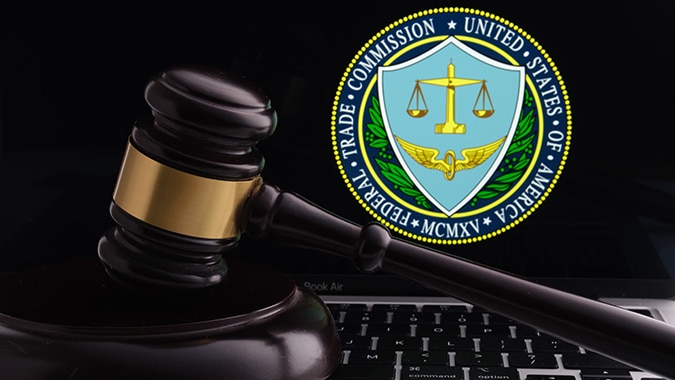All those forms you have to fill out at the doctor’s office and your dealings with insurance companies are more than just annoying: They are costing the economy a lot of money.
According to a report by the Center for American Progress (CAP), healthcare payers and providers in the United States spend about $496 billion on billing and insurance-related (BIR) costs. Any plans to reduce or at least rein in the rising cost of healthcare should begin here, the think tank suggests.
“Anyone interacting with the U.S. health care system is bound to encounter examples of unnecessary administrative complexity—from filling out duplicative intake forms to transferring medical records between providers to sorting out insurance bills,” CAP’s Emily Gee and Topher Spiro explain in an article on the group’s website. “This administrative complexity, with its associated high costs, is often cited as one reason the United States spends double the amount per capita on health care compared with other high-income countries even though utilization rates are similar.”
Billing and insurance-related costs are baked into consumers’ insurance premiums and providers’ reimbursements, the report notes. Then there’s the costs associated with claims submission, claims reconciliation, and payment processing. And the healthcare system also requires administration beyond insurance-activities—medical record-keeping, hospital management, and initiatives that monitor and improve care quality, to name a few.
